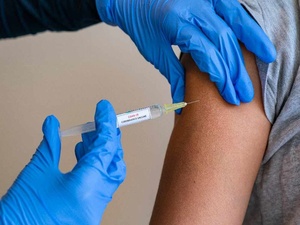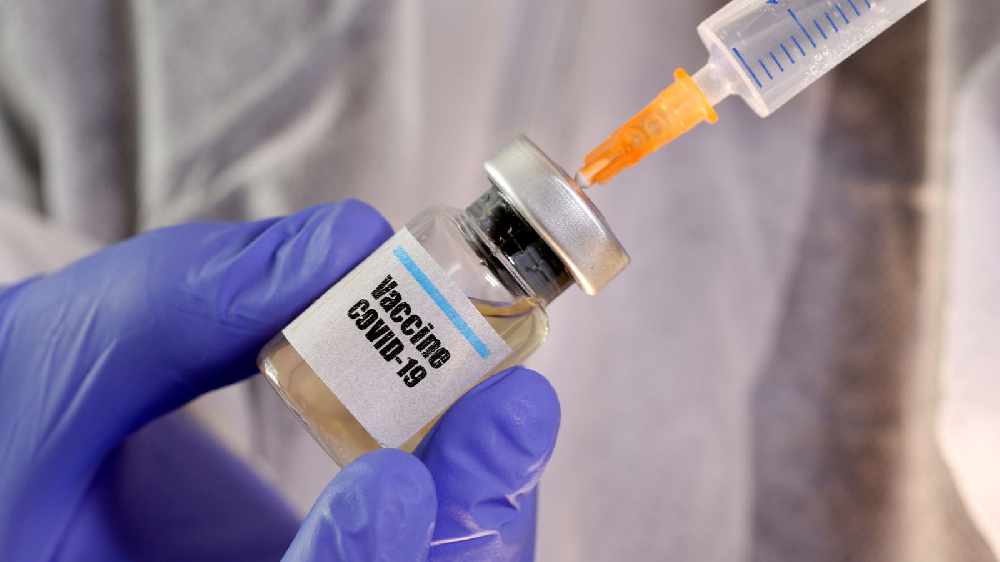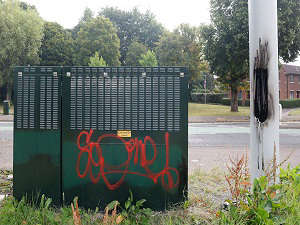
By Dominic McGrath, PA
Booster jabs for people in the Republic aged in their 50s will begin in late December or early January, HSE chief Paul Reid has said.
Mr Reid appeared before the Joint Committee on Health today to discuss the pressures facing the Irish health system, fielding questions on PCR testing, intensive care capacity and the booster programme.
He warned TDs and senators that the health system remains under “very serious pressure”.
It comes amid fears over its ability to cope in the face of a further surge in Covid-19 cases.
Mr Reid told the committee he expects people in their 50s to receive an invitation for a booster jab by the end of December or early January.
He said the booster programme for those aged 80 and above has been largely completed, while more than half of people in their 70s have received an extra dose.
Mr Reid said the plan is to expand capacity to 270,000 vaccines administered a week, with the majority taking place in vaccination centres.
In his opening statement to the committee, Mr Reid said:
“We are now firmly in the midst of a fourth surge in Covid-19 infections.
“The entire health system, both acute hospitals and community, are now under very serious pressure.
“Last Monday week I briefed the Cabinet Sub-Committee on Covid-19 on the seriousness of the situation.
“The government responded with a number of public health measures.
“It has also been necessary for the HSE to take immediate measures in response to hospital and ICU pressures, including the short-term prioritisation of unscheduled care, and increasing our surge capacity through providing additional beds, particularly in ICU.
“I know that the resurgence of the virus, and the response now required, will place even more pressure on staff.”
Another 3,666 cases of Covid-19 were confirmed in the Republic yesterday.
Chief Clinical Officer in the HSE, Dr Colm Henry, told TD Gino Kenny that intensive care bed capacity, following surge preparations, is currently at 300.
The plan, he said, is to expand this to 350.
Dr Henry confirmed eight intensive care beds in private hospitals are currently being used.
The senior medic warned:
“That’s the big condition, here, it doesn’t come without a price. And the price is redeploying staff who are trained in this and also providing care outside traditional units.”
According to the latest figures, there are around 638 patients in hospital with coronavirus, 130 of them in intensive care.
Earlier, Mr Reid tweeted that 5,800 staff are out due to a Covid-19-related absence.
“We’re surging up on ICU beds and managing huge pressures all across healthcare,” he said.
“The number of cancellations and non-booking of planned surgery has been growing, due to the growing incidence of Covid-19 in hospitals.”
Around 210,000 Covid-19 lab tests have been completed in the past seven days.
In the Dáil yesterday, Taoiseach Micheal Martin fielded concerns raised by multiple opposition politicians that PCR test capacity is proving inadequate in the face of the fourth wave of the virus.
Many pointed to the fact that in much of the country it is hugely difficult to access a PCR test.
Republic's booster jab rollout to reach 50s age group in late December or early January https://t.co/SQceXZSRR9
— Q Radio News (@qnewsdesk) November 24, 2021
Mr Reid told the committee:
“The winter season in any year presents additional challenges to all health systems around the world with the combination of seasonal viruses, weather-related trauma and illness, longer periods spent indoors with lower levels of ventilation, and seasonal social activity-related presentation.
“Pressures associated with winter of 2021-22 are further compounded by the massive increase in Covid-19 infections we are currently experiencing, and the resulting presentations in our emergency departments and onward into our wards and, critically, our intensive care units.
“Emergency departments continue to operate distinct pathways of care for Covid and non-Covid patients, and this places a huge demand on staffing and space available.”
Mr Reid said the winter plan will aim to ensure all patients get the necessary treatment, as well as tackling waiting lists.
The HSE, he said, “will focus on avoidance of hospital admittance unless absolutely necessary”.
He added that extra government funding of 200 million euro to support access to care next year “will be targeted at working through these lists as quickly as possible by making the best use of our own capacity, supplemented and by making arrangements for a substantial number of procedures to be carried out through the contract arrangements with private hospitals”.
Sinn Féin health spokesperson David Cullinane asked Mr Reid about what he described as delays in the approval of capital projects and the opening of new beds, which he said had left hospitals and staff “really badly exposed”.
Mr Cullinane told the HSE chief:
“We’re accepting as normal the wholesale cancellation of elective procedures.
"That has dire consequences for patients.
“None of this is normal.
“You need to bring more urgency to it.
“When you say the system needs to be speeded up, that’s your job, with respect.”
Mr Reid responded to the TD:
“We don’t accept as normal any of the issues you have described.
“We are working. We are bringing on further beds.
"We are bringing on further resources.
"We are working in a pandemic, which has to be taken stock of.”



 Spate of 5G mast attacks impacting hospital communications
Spate of 5G mast attacks impacting hospital communications
 Campaign launched to combat rise in online sex offences against children in NI
Campaign launched to combat rise in online sex offences against children in NI
 Arson attacks on Belfast 5G phone masts ‘extremely reckless’, say police
Arson attacks on Belfast 5G phone masts ‘extremely reckless’, say police
 Man dies in hospital after fall from electric scooter
Man dies in hospital after fall from electric scooter
 Slight rise in A* and A grades achieved in A-levels in Northern Ireland
Slight rise in A* and A grades achieved in A-levels in Northern Ireland